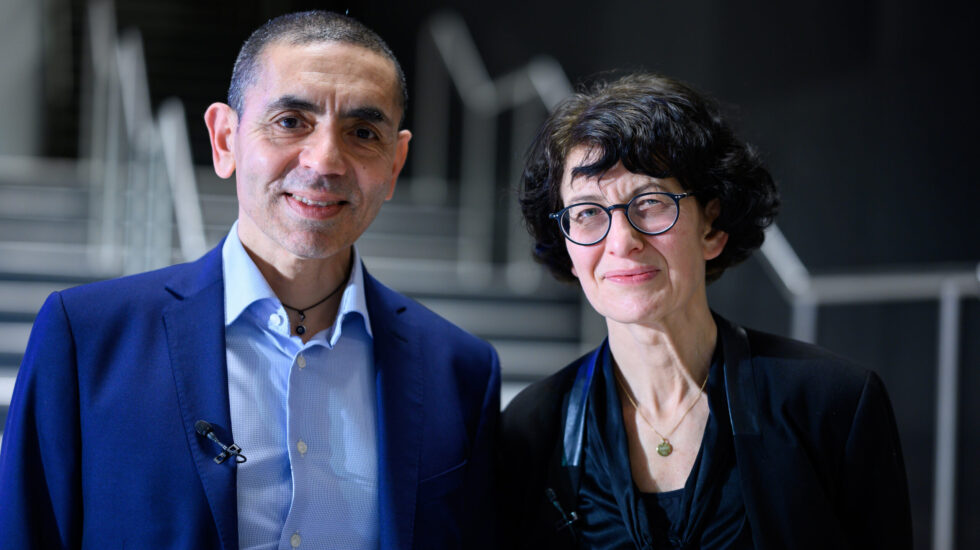The scientist who developed Pfizer’s COVID-19 vaccine thinks inoculated people will remain protected against severe illness caused by the omicron variant.
“Our message is: Don’t freak out, the plan remains the same: Speed up the administration of a third booster shot,” BioNTech SE co-founder Ugur Sahin told The Wall Street Journal.
The outlet adds:
Based on current knowledge about the mechanisms behind the vaccine and the biology of variants, Dr. Sahin said he assumed that immunized people would have a high level of protection against severe disease even if infected by the Omicron variant.
The Journal explains that’s because vaccines offer two levels of protection. Even if omicron is able to survive the first, antibodies, it will encounter the second, virus-fighting T-cells.
“Our belief [that the vaccines work against Omicron] is rooted in science: If a virus achieves immune escape, it achieves it against antibodies, but there is the second level of immune response that protects from severe disease—the T-cells,” Dr. Sahin said, adding “Even as an escape variant, the virus will hardly be able to completely evade the T-cells.”
The Journal adds:
Dr. Sahin estimated that bringing an adjusted vaccine to market that specifically targets Omicron would take about 100 days, but said that this might not be necessary.
“We have a plan to administer a third shot to people, and we must stick to this plan and speed it up. Whether or not we will need extra protection by an adapted vaccine, this remains to be seen, later,” Dr. Sahin said.
It is too early to say whether populations would need to be vaccinated regularly for the foreseeable future to maintain a high degree of immunity, he said.
Moderna’s CEO, Stephane Bancel, painted a different picture on Tuesday, telling The Financial Times that his company’s vaccine is likely less effective against omicron.
Bloomberg provides key context:
Research is still underway to determine if omicron causes the same level of illness as older versions of the virus, if it can evade protection from vaccines and previous infections, and if it will be able to outcompete the existing strains as the pathogen continues to circulate throughout the world.



